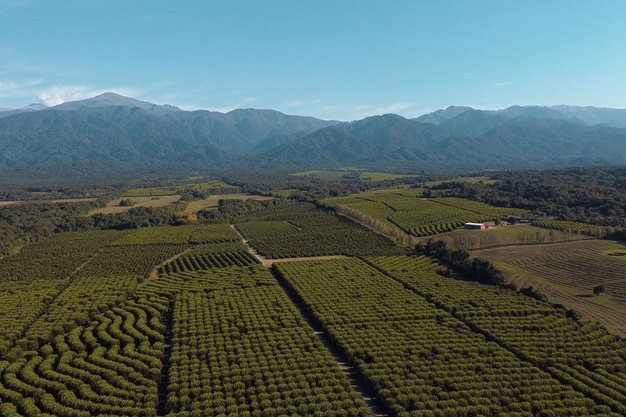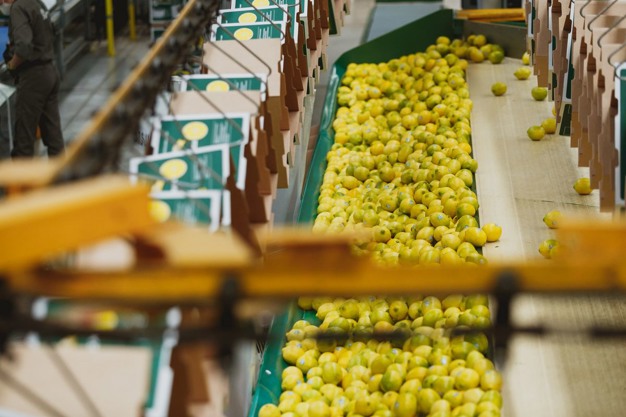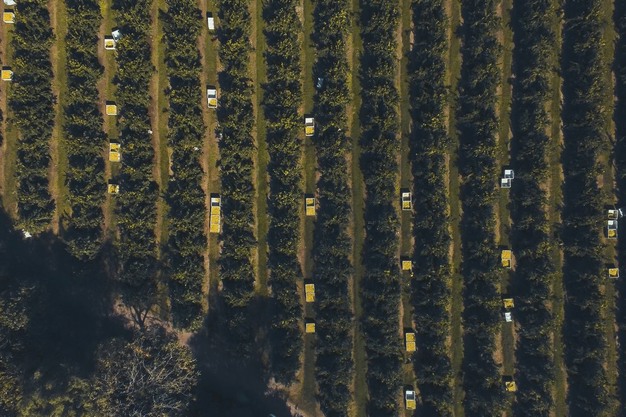For quite some time, global lemon supply has been exceeding demand. "The imbalance between supply and demand has created a complex cycle, affecting profitability across the industry," says Bernabé Padilla, Commercial Manager of Citromax's Fresh Fruit Division in Argentina. The reopening of the U.S. market for Argentina's lemons a few years ago was significant news and although it offered new export opportunities, it hasn't taken off much supply pressure. "Instead, it has redirected the destinations of Argentina's lemons," he said.

Key export markets
The primary markets for Citromax's fresh lemons are the U.S. and the EU with countries like Italy, Poland, Greece, and France being the largest importers within the EU. Exports to these markets have taken divergent paths in recent years. "While exports to the EU have decreased annually, volumes destined for the United States have been on the rise," Padilla shared. "This trend is closely tied to the available supply each season.
For Argentina's upcoming season, expectations vary across different markets. In Europe, there is anticipated pressure on volumes due to the arrival of fruit from different overseas origins, including South Africa. In addition, Spain is a significant competitor with its Verna lemons. Turkey may also impact the market in years when the country is able to extend its season. More recently, Egypt and Zimbabwe have emerged as competitors.
In the U.S., competition is most severe from California, as well as Chile and Mexico. "This season however, California may be faced with lower production due to weather. It could provide opportunities for other exporting countries like Argentina and Chile. Lower California production would reduce the pressure on fruit supply, potentially leading to a more balanced supply-demand scenario."
China is a significant consumer of lemons, but their demand continues to pose challenges due to the pressure from fruit grown in their domestic market. In addition, cold treatment requirements limit the exports from Argentina to China. "A cold treatment often negatively affects the quality of fruit upon arrival at its destination," Padilla commented. Other lemon purchasing countries include Canada, Asia, and the Middle East. However, they are predominantly supplied by South Africa and China.
"Despite the competition, we trust that our fresh lemons differentiate in the market. We excel in responsible practices, including compliance with production standards, certifications, and agricultural as well as manufacturing best practices. We remain dedicated to delivering environmentally responsible products."

Effects of recent rains on export potential
Argentina's lemon harvest was originally scheduled to start right after Easter. "However, rains have resulted in a delay of at least two weeks, and I don't anticipate significant volumes to be shipped until May," Padilla said. It is hard to make predictions regarding export volumes due to substantial rainfall during the growing season. The past three years were marked by dry springs, but this year saw substantial rainfall during October and November. While the volume of lemon production remains stable this year, potential variations in packing yields may influence the fruit destined for export, with its ultimate market destination contingent upon individual market conditions.

 For more information:
For more information:
Bernabé Padilla
Commercial Manager
Citromax Fresh Fruit Division
Tel: +54 9 3815 27-3453
bpadilla@citromax.com.ar
www.citromax.com
